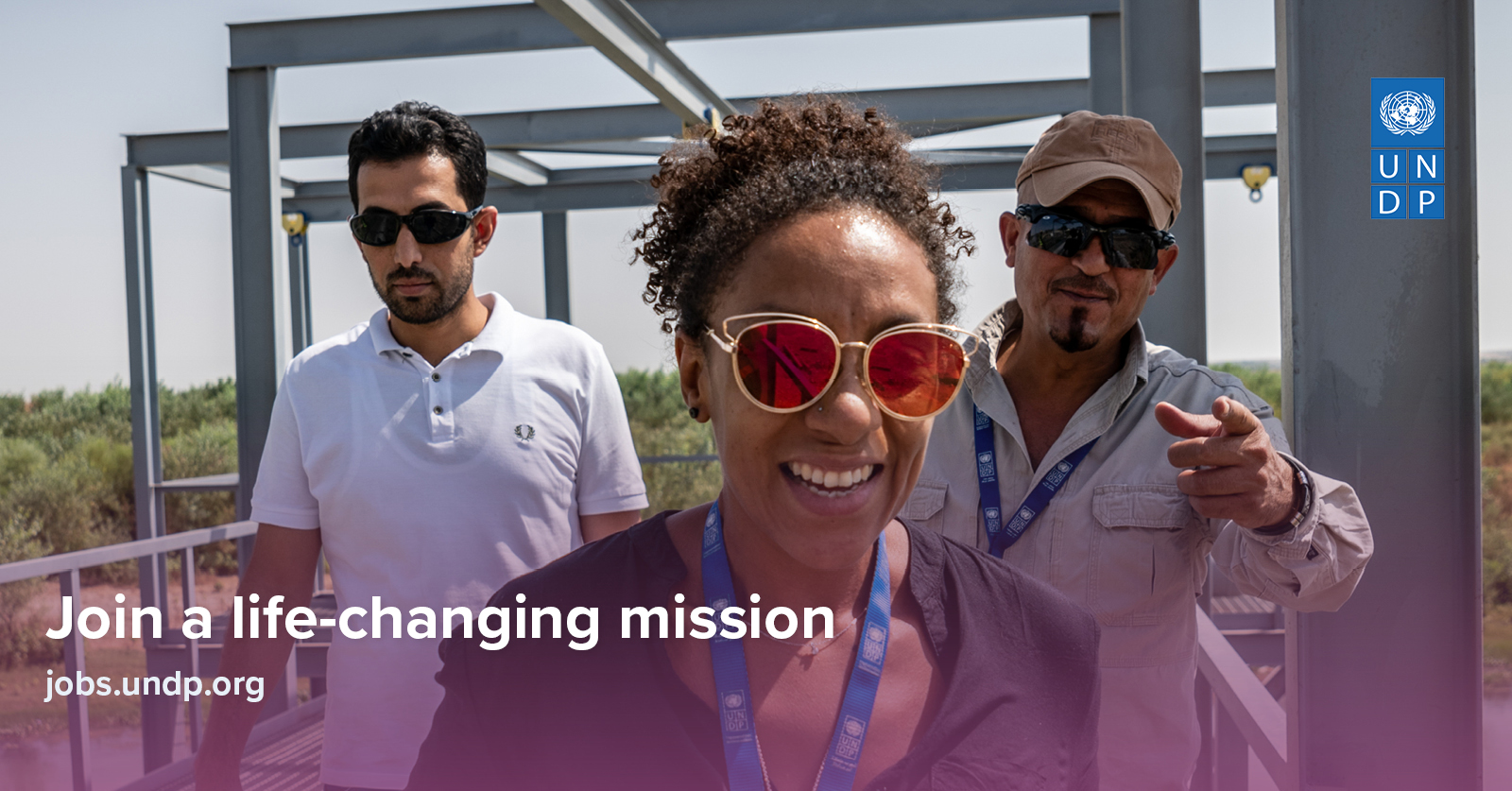
This mid-term evaluation will assess the NCCSP project progress against the Project Document, targets stipulated in the Results Framework and the achieved results from 1 July 2022 to 31 June 2024 and propose recommendation which will inform and help improving the current implementation of the project and designing any future interventions. The mid-term evaluation will be based on a desk review of project related documents and in-depth interviews and surveys as outlined in the methodology section. The evaluation will also intend to document achievements, good practices, success cases, lessons learned and experiences. Based on the achievements to the date, the mid-term evaluation will provide forward looking programmatic recommendations for the project’s next months, using the OECD/DAC evaluation criteria on (a) relevance; (b) effectiveness; (c) efficiency; (d) sustainability; (e) impact; and (f) coherence. It will also focus importantly on the cross-cutting issues such as gender equality, human right based approach and do-no-harm.
The mid-term evaluation will geographically focus on the provinces and zones that the NCCSP project is being implemented. NCCSP covers all the national NGOs and CSOs across eight regions and 34 provinces of Afghanistan. The beneficiaries will primarily be the NGOs, CSOs, employees who receive trainings and the local stakeholders including INGOs who will be approached for the betterment of the national coordination platforms.
The evaluation should cover the following cross-cutting themes: (a) Rights-Based Approach (RBA); (b) protection mainstreaming; (c) disability inclusion; (d) gender mainstreaming; (e) environmental sensitivity and sustainability; and (f) accountability to affected populations (AAP). All the above-mentioned themes have an equal priority to the UNDP that should be taken into account in this evaluation and the data collection process should be able to equally and effectively address these cross-cutting themes.
The evaluation may require field visits and Key Informant Interviews (KII) with UNDP and World Bank staff, and the local stakeholders covering a representative number out the 34 provinces where NCCSP has a footprint of delivering capacity building activities. It may also require direct observation of project sites where NCCSP supported NGOs and CSO or indirectly support the local communities through provision of economic and livelihood support
2.1. Responsibilities:
- Review the relevant project documents including the Project proposal, M&E and GRM manuals, TPMA guideline, quarterly reports and other relevant documents deem necessary to be reviewed to help set the scene about the project nature and activities.
- Maintain a sound working relationship with the project manager and team in the country office as well as in the provinces, seek support where needed and coordinate regularly.
- Undertake data collection through the team and directly in relation to the evaluation criteria and questions, ensure the validity and accuracy of the data and compare with the historic information collected by the NCCSP M&E and TPMA teams.
- Implement the ethical considerations throughout the process and ensure to comply with the UNEG’s evaluation standards.
- Develop and present a draft evaluation report and findings to the UNDP management and NCCSP management unit, take into account all the relevant discussions and comments, and the track record of the changes being proposed/made on the next versions of the evaluation report.
- Submit the final evaluation report with due consideration of quality and effectiveness in line with the timeline that is initially agreed and approved by the NCCSP project manager.
- Evaluator is expected to work within Afghanistan- Kabul working hours, particularly for the interviews.
2.2 Specific Deliverables of the assignment will be as follows:
- Evaluation inception report (10-15 pages). The inception report should be carried out based on preliminary discussions with UNDP after the desk review and should be produced before the evaluation starts (before any formal evaluation interviews, survey distribution or field visits) and prior to the country visit in the case of international evaluators. In the desk review, no less than 10 documents related to the project, such as project documents, quarterly reports, and work plans should be reviewed.
- Evaluation debriefings. Immediately following an evaluation, UNDP may ask for a preliminary debriefing and findings.
- Draft evaluation report (within an agreed length). The UNDP Evaluation Reference Group (Consisting of Development Effectiveness Unit, Programme Management Unit and Project Management) should review the draft evaluation report and provide an amalgamated set of comments to the evaluator within an agreed period, addressing the content required (as agreed in the TOR and inception report) and quality criteria as outlined in these guidelines.
- Evaluation report audit trail. Comments and changes by the evaluator in response to the draft report should be retained by the evaluator to show how they have addressed comments.
- Final evaluation report, reflecting the achievements and success stories of the project. Presentations to UNDP and World Bank.





